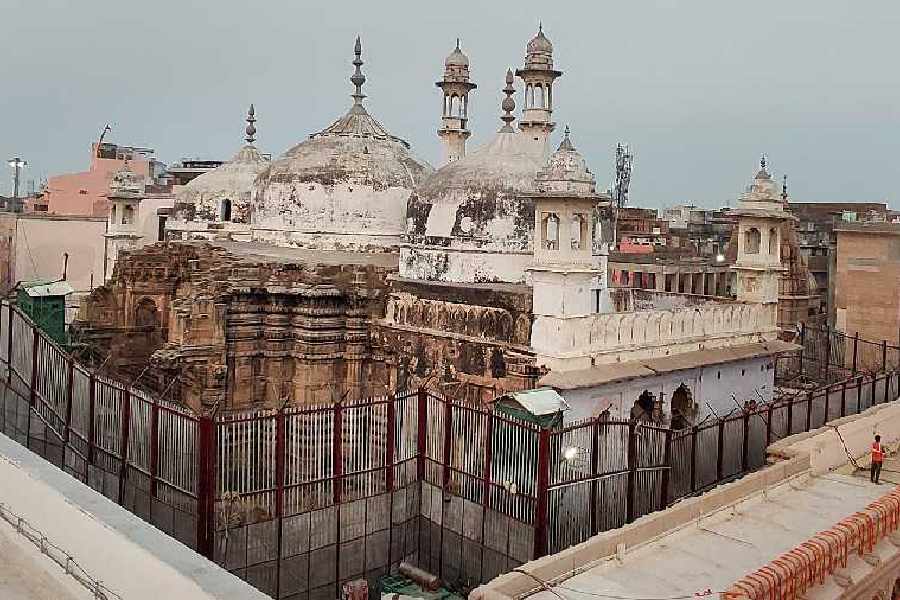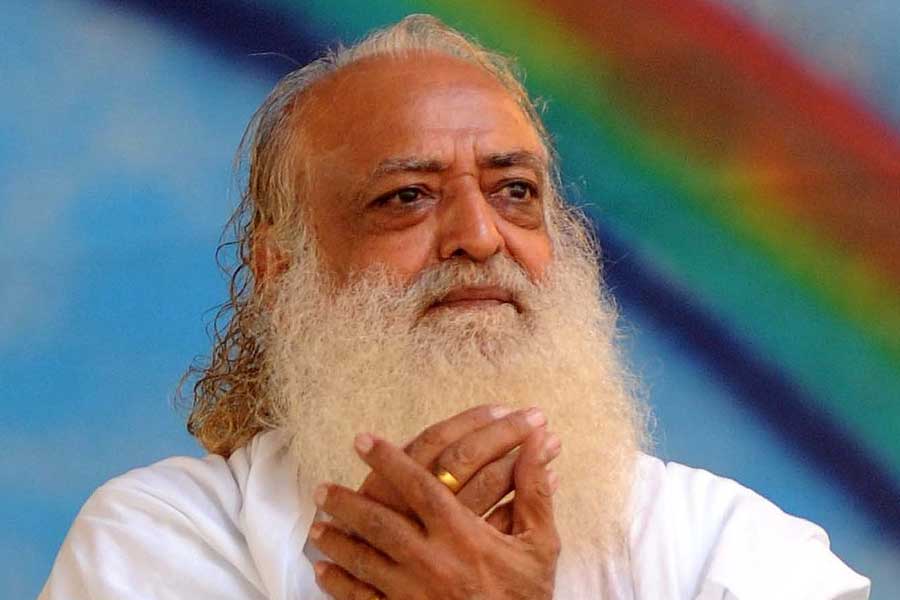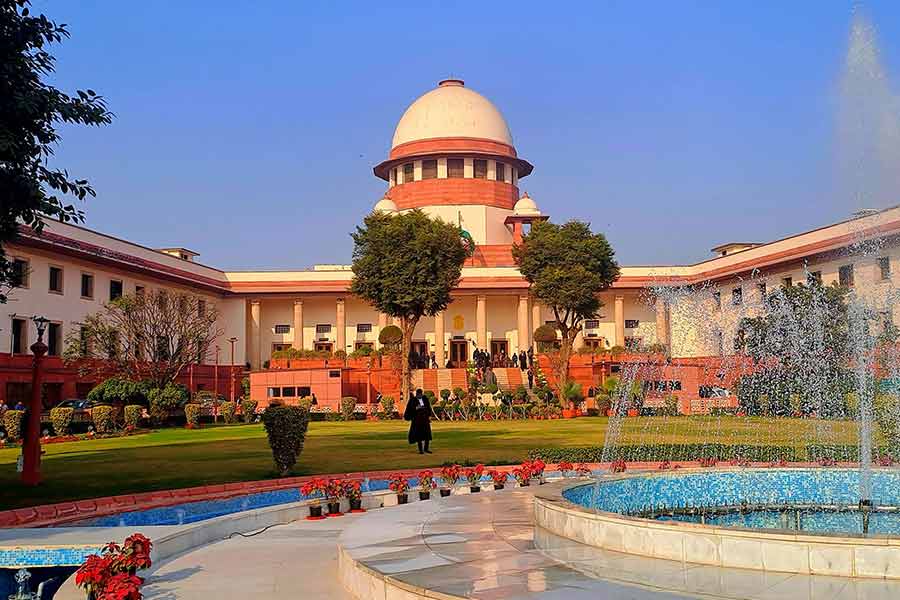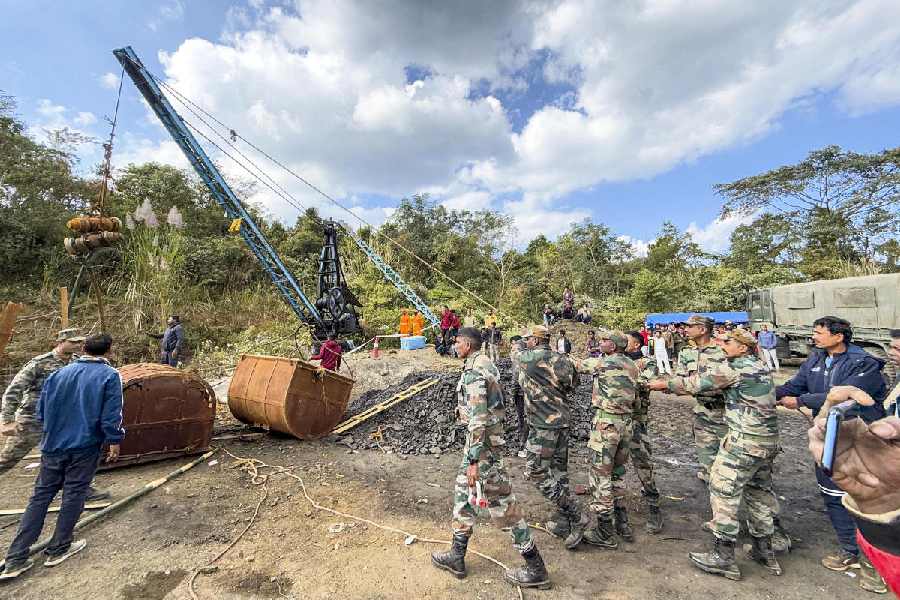The management committee of the Gyanvapi mosque in Varanasi has dismissed the Archaeological Survey of India’s survey report as shallow and based on trivial findings rather than scientific studies, adding it is not surprised given the central agency’s track record.
Lawyers for the Hindu petitioners had said after receiving a copy of the ASI report on Thursday that it corroborated their claim that the mosque was built after demolishing parts of the Kashi Vishwanath temple.
However, Ekhlaq Ahmad, counsel for the Anjuman Intezamia Masjid Committee, said the ASI findings did not amount to evidence that a temple existed at the site before the mosque was built.
“We had a building, called the Chhatta Dwar, near the mosque’s northern gate. It had five tenants till a few years ago and they were all sculptors,” Ahmad said.
“They made idols and statues, and threw their unused or incomplete creations like statuettes, busts and torsos behind their rooms. This is why the ASI didn’t find any complete statue — all of them are broken.”
The Hindu petitioners want the Varanasi district court to hand over the entire compound — where the mosque and the reconstructed temple stand side by side — to Hindus. The mosque committee has opposed the plea.











